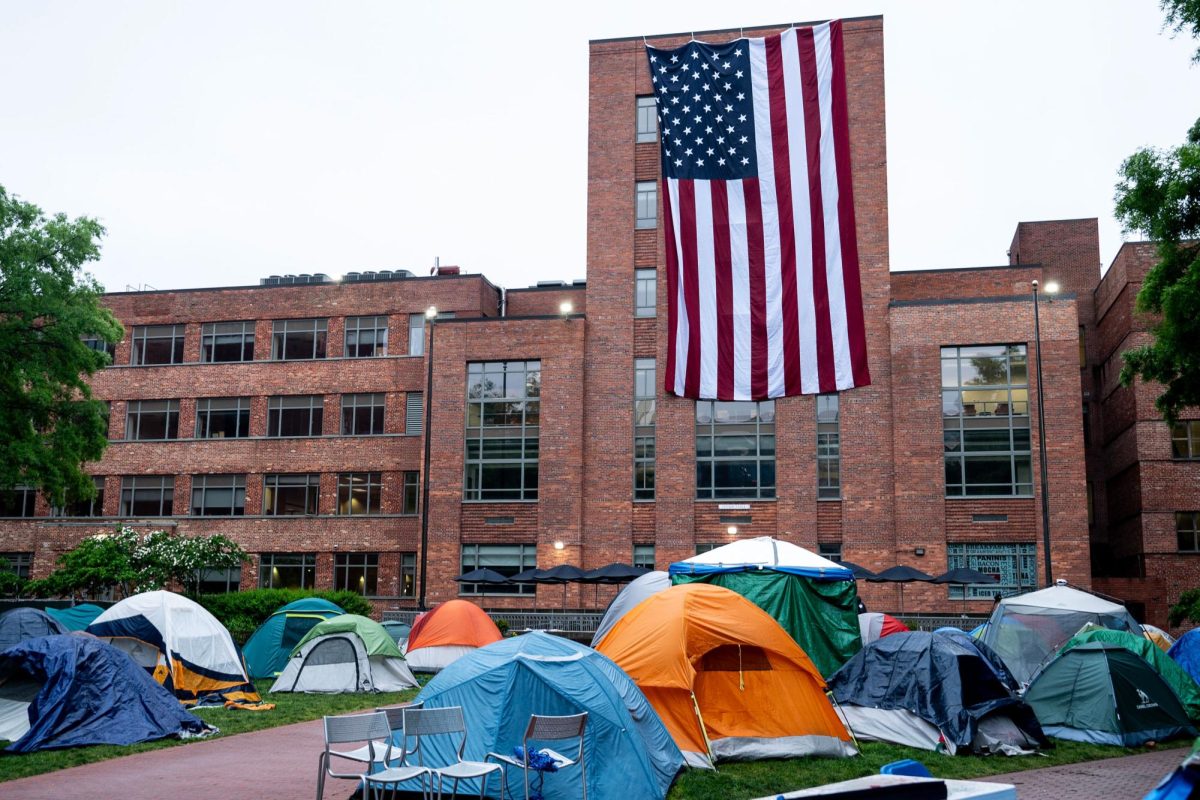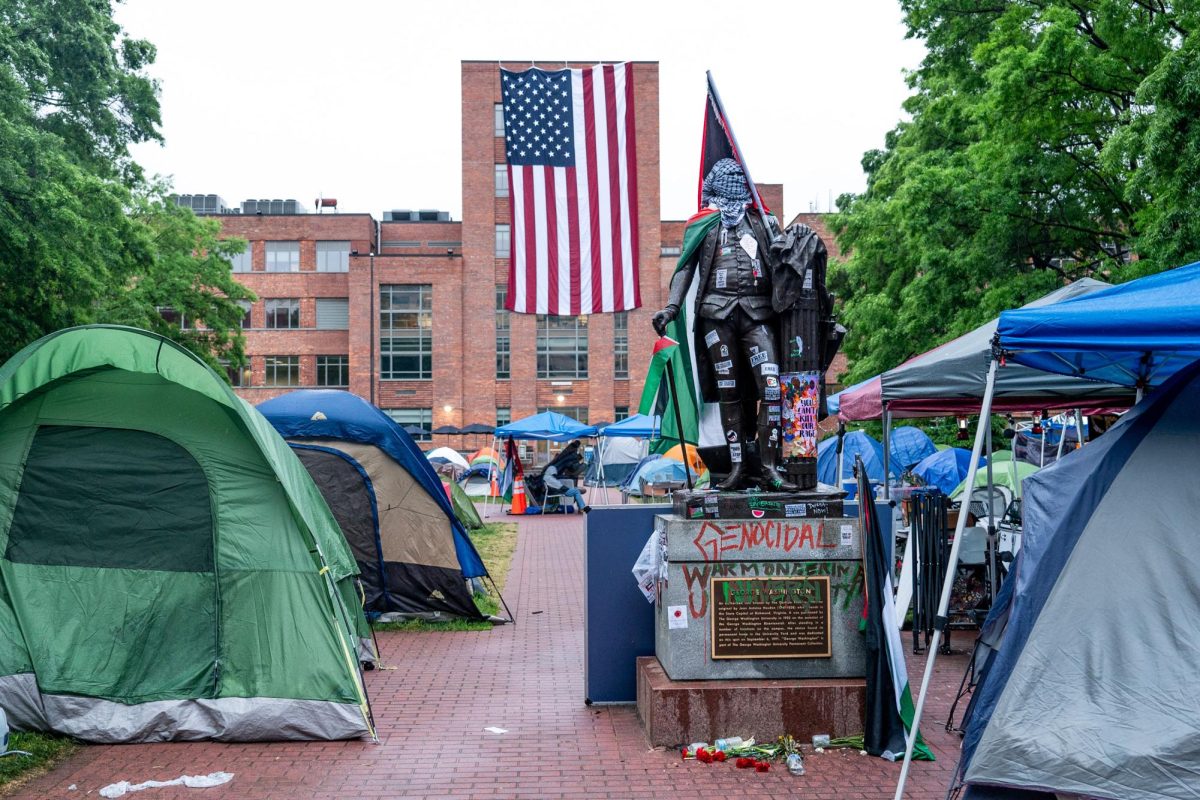
When the University’s lawyers offered Mazdak Taghioskoui the chance to settle his case alleging negligence and emotional distress, he was tempted to take a deal.
But he thought about his Ph.D adviser’s early morning and weekend phone calls to yell at him, sometimes demanding to borrow a car or money. After falling into depression, there was also his own call to GW’s suicide hotline.
“If I settle the case, it’s just a sum of money, but the University is not accepting any wrongdoing,” said Taghioskoui, a 33-year-old Iran native. “If I settle the case, it’s not going to change the situation or the structure of the University.”
Taghioskoui, a doctoral engineering graduate, rejected settling on his 2012 lawsuit to ensure that GW would make a rare appearance at trial in the next few months.
As a trial brings public scrutiny to the University, Taghioskoui said he wants GW to make changes to better support graduate students who feel burdened by their supervisors. Administrators need to give doctoral students a place to raise concerns, and make students and advisers sign contracts to outline research duties, he said.
University spokesman Dave Andrews declined to comment on the lawsuit, citing a GW policy to not comment on pending litigation. No trial date has been set.
The former student had asked for $1 million in damages when he filed in D.C. Superior Court in 2012.
The graduate student said he worked up to 80 hours a week for about $2 to $3 an hour, and wasn’t allowed to switch his adviser. International graduate students are even more at risk, he said, because their visas prevent them from getting jobs outside their research labs. He added that they often don’t have “enough resources to be able to speak up.”
Taghioskoui wants future graduate students to have more clearly defined roles before signing on to work – starting with contracts that outline work hours and compensation.
“Your professor needs to have the best intentions for you. You’re putting your fate into his hands. But there’s no contract and your responsibilities are not well defined. Hopefully everything would go right, but what if something goes wrong?” Taghioskoui said.
The University’s Human Resources department has drawn criticism from employees, with nearly a dozen in the last two years claiming that GW has ignored complaints about their workplace environment or supervisors. GW created a new system this year, embedding human resources representatives within each school to give employees a clearer way to levy complaints.
Taghioskoui enrolled as an engineering Ph.D candidate in 2007 with Akbar Montaser as his adviser. As the pair’s relationship soured over the next few years, Taghioskoui became emotionally unstable and eventually suicidal. He repeatedly sought help from GW psychologists.
He said he contacted administrators in several offices, including the Office of the General Counsel, but he said they all failed to respond to his pleas for help.
“So many people in the University knew about it and didn’t do anything,” Taghioskoui said.
Montaser also allegedly filed for two patents using Taghioskoui’s work while he was a Ph.D. engineering student, and allegedly presented Taghioskoui’s research as his own at a conference, according to the lawsuit.
In November, the court ruled after a year of deliberation that the case would continue despite the University’s lawyers attempt to get the case thrown out. The court found that most points of complaint in the case – including the two most severe that allege negligence – are on fair grounds.
Montaser began sending “inappropriate” and “demeaning” emails to Taghioskoui and other researchers in 2005, according to the complaint. At the time, Taghioskoui was a master’s student in the department of chemistry, but began working with Montaser after meeting him through a mutual friend at the Sharif University of Technology in Iran.
Montaser was placed on administrative leave from April 2008 to January 2010, according to the lawsuit. He retired about two years later.
Since graduating from GW, Taghioskoui has opened a juice bar in Arlington, Va. called D.C. Shakes. Taghioskoui said he had always dreamed of being a professor like his father was, but after his experience at the University, he was no longer passionate about academia.
“I loved chemistry and science. I had a chemistry lab as a kid. But after I had my experience, I decided it wasn’t the path I wanted to pursue,” Taghioskoui said.







